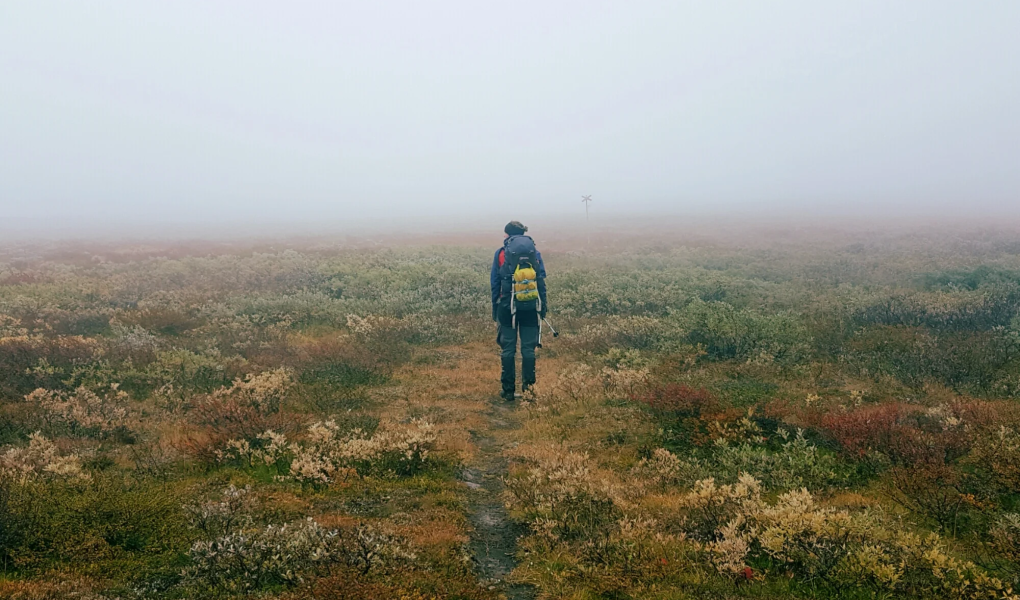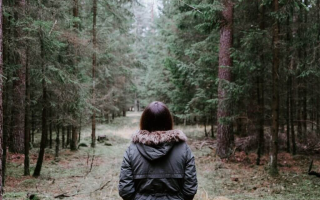To others, trekking deep into the wilderness alone always carries a hint of irrational adventure, even a touch of reclusiveness and tragic grandeur. They ask, “Aren’t you lonely? Aren’t you afraid? Isn’t it better to share the scenery with someone?” I usually respond with a smile, unable to fully explain. Because some journeys are meant to be walked alone. I choose to face the wilderness alone, not to prove courage, but to fulfill a solemn rendezvous with my own soul.
Lonely? Yes, outwardly so. Yet it is precisely in this absolute solitude that I feel the deepest companionship—that of my inner self. Traveling with others means constant social interaction: the need for conversation, the need to coordinate steps, the need to consider a companion’s feelings and pace. While these social activities are undoubtedly pleasant, they also form a kind of “noise” that obscures the truest voice within. Only when all sound fades, leaving only the sound of your own breath and footsteps, does the authentic self—drowned out by daily clamor—emerge clearly. You debate with yourself, comfort yourself, encourage yourself, and examine yourself without reservation. This is high-quality solitude—essential nourishment for the soul.
Fear? Honestly, it’s there. Anxiety about uncharted paths, vigilance toward strange sounds in the dark, apprehension about potential mishaps. Yet it’s precisely this mild, manageable fear that renders me more “awake” and “present” than ever before. It sharpens all my senses, making my observations of the environment more acute, my risk assessments more cautious, and my trust in my own judgment stronger. The growth that comes from facing fear alone and overcoming it (or learning to coexist with it) is something no team-protected experience can offer. Each time you safely complete a solo trek, it’s a massive boost to your self-confidence. You’ll truly feel: “I can rely on myself.”
Facing the wilderness alone also means 100% autonomy and freedom. Whether today’s trek is long or short, the pace fast or slow, whether to daydream for half an hour on a boulder with breathtaking views or decide to camp early due to a sudden downpour… every decision follows only the voice within, requiring no consultation with anyone. This is the ultimate spiritual freedom. I can immerse myself completely in my own world—daydreaming over the shape of a cloud, silently reciting a poem that suddenly comes to mind—without needing to explain myself to anyone. The scenery is no longer something to discuss or evaluate; it becomes a private, direct exchange of energy between me and nature.
Of course, traveling alone is not reckless. It demands more thorough preparation, richer knowledge, and stronger self-discipline. Precisely because of this, it is also a profound form of self-accountability. You must bear the full consequences of every decision you make. This heightened sense of responsibility, in turn, shapes one’s character, making you more rigorous, independent, and resilient.
Thus, I choose to face the wilderness alone. Not to flee the crowd, but to return to it more fully; not to seek thrills, but to touch the essence of life in profound stillness. In that vast expanse, I shed all social masks, becoming a bare, authentic being—engaging in an undisturbed, sacred dialogue with the wind, the mountains, and my own soul. This is the greatest gift I can give myself.

